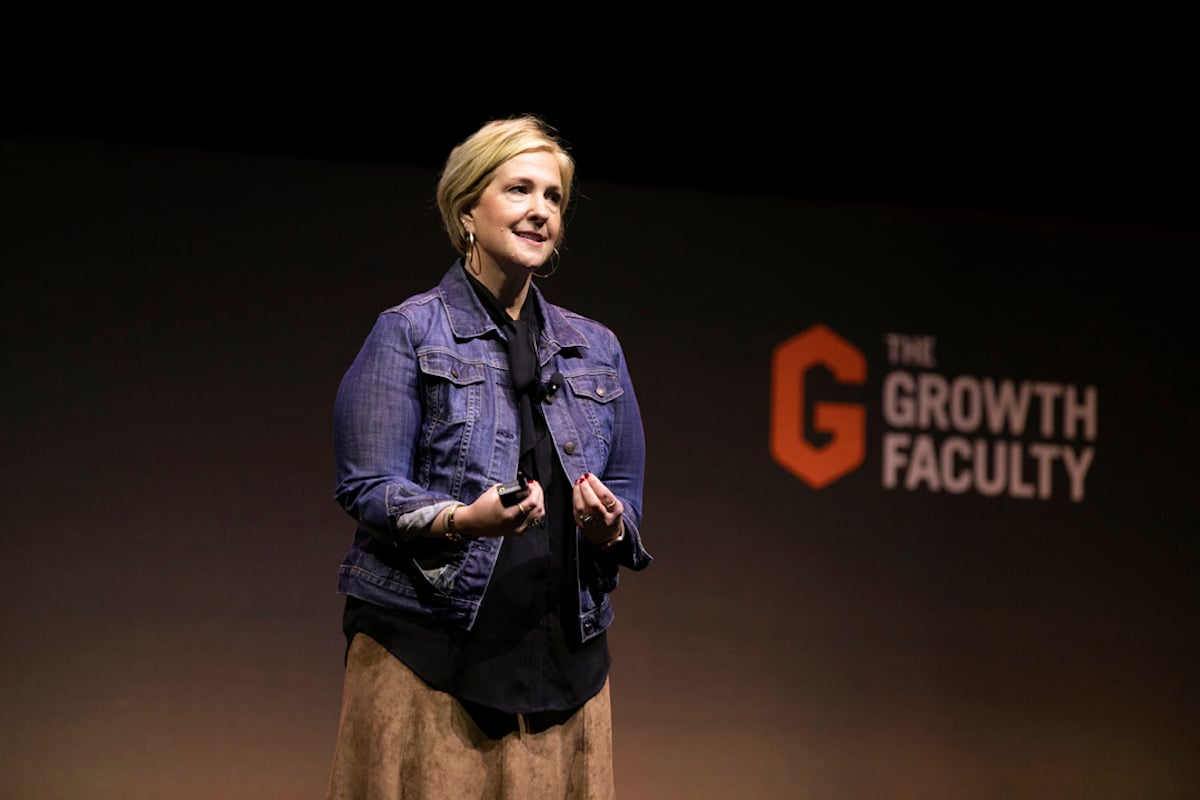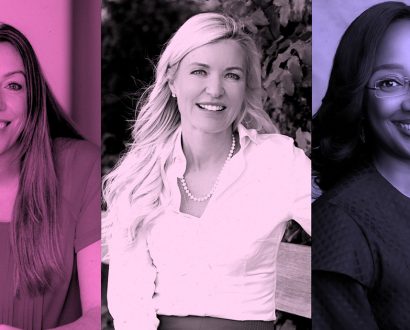When it comes to leading and living bravely, Brené Brown has it covered. Here’s our pick of the most inspiring quotes shared by the exceptional leader, researcher and storyteller.
- “I define a leader as anyone who takes responsibility for finding the potential in people and processes, and who has the courage to develop that potential.”
- “The courage to be vulnerable is not about winning or losing, it’s about the courage to show up when you can’t predict or control the outcome.”
- “Clear is kind. Unclear is unkind.”
- “Daring leaders work to make sure people can be themselves and feel a sense of belonging.”
- “Only when diverse perspectives are included, respected, and valued can we start to get a full picture of the world.”
- “Feeding people half-truths or bullshit to make them feel better (which is almost always about making ourselves feel more comfortable) is unkind.”
- “The only thing I know for sure after all of this research is that if you’re going to dare greatly, you’re going to get your ass kicked at some point. If you choose courage, you will absolutely know failure, disappointment, setback, even heartbreak. That’s why we call it courage. That’s why it’s so rare.”
- “There is an incredibly important, uncomfortable, and brave discussion that every single leader and every organisation in the world should be having about privilege.”
- “It turns out that trust is in fact earned in the smallest of moments. It is earned not through heroic deeds, or even highly visible actions, but through paying attention, listening, and gestures of genuine care and connection.”
- “Leaders must either invest a reasonable amount of time attending to fears and feelings or squander an unreasonable amount of time trying to manage ineffective and unproductive behaviour.”
- “A brave leader is someone who says I see you. I hear you. I don’t have all the answers, but I’m going to keep listening and asking questions.”
- “I always bring my core values to feedback conversations. I specifically bring courage, which means that I don’t choose comfort over being respectful and honest—choosing politeness over respect is not respectful.”
- “When receiving feedback, we can identify a value-supporting behaviour or a piece of self-talk to help in the moment. Here’s mine: When I’m receiving feedback, and I want to stay aligned with my value of courage, I say to myself, “I’m brave enough to listen.”
- “While shame is highly correlated with addiction, violence, aggression, depression, eating disorders, and bullying, guilt is negatively correlated with these outcomes. Empathy and values live in the contours of guilt, which is why it’s a powerful and socially adaptive emotion. When we apologise for something we’ve done, make amends, or change a behaviour that doesn’t align with our values, guilt – not shame – is most often the driving force.”
- “The level of collective courage in an organisation is the absolute best predictor of that organisation’s ability to be successful.”
- “ Shame is the most corrosive thing in work culture, as it changes the belief of who we can be and what we can do better.”
- “Cynicism and sarcasm are bad in person, and even worse when they travel through email and text.”
- “There is absolutely no innovation without failure.”
- “We desperately need more leaders who are committed to courageous, wholehearted leadership and who are self-aware enough to lead from their hearts, rather than unevolved leaders who lead from hurt and fear.”
- “Write a new ending for yourself, for the people you’re meant to serve and support, and for your culture.”
Can’t get enough of Brené Brown? Read our exclusive interview with her.
Best-selling author and TED sensation, Simon Sinek is bringing his new half-day seminar to Australia and New Zealand in March 2020, for an exclusive session aimed at leaders and innovators. Find out more from The Growth Faculty here.







